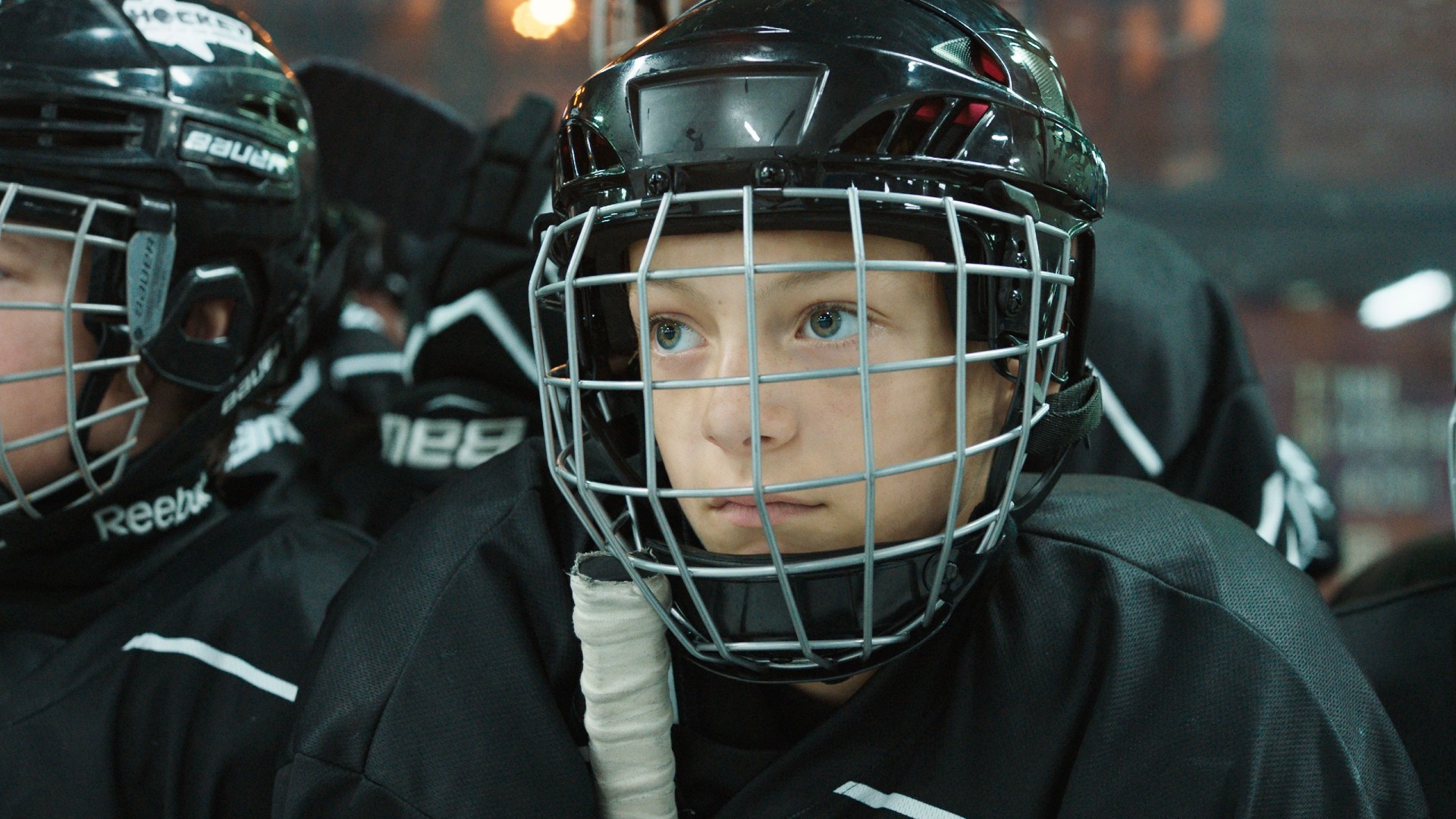GamesRadar+ Verdict
Guileless performances, understated direction and bucolic Belgian scenery combine to create a quiet gem of a film you Dhont want to miss.
Why you can trust GamesRadar+
Though there have been plenty of eye-catching films among this year’s competition titles (Holy Spider, Decision To Leave, the divisive Triangle Of Sadness), none have really had the heft of a worthy Palme d’Or recipient. None too have felt like the sort of picture that goes on to have a fêted life beyond the Croisette – the kind of critics’ darling that, like Parasite did in 2019, sticks around to elbow its way into the end-of-year awards conversation.
Small wonder, then, that Lukas Dhont’s second film Close has been greeted with both acclaim and relief as the 2022 festival draws to a close. The closest thing we’ve seen so far to a break-out arthouse hit, it also has the flavour of a comfortable compromise choice – the sort of movie that, like CODA did at the Oscars in March, discreetly moves to the front of the pack by virtue of being everyone’s second favorite film on the ballot.
There would certainly be few who would begrudge Dhont’s drama were it to walk away with this event’s coveted top prize. Sensitive, graceful and impeccably restrained, this heart-tugging tale of two childhood pals inexorably drifting apart during their first year at big school belongs to a long and noble tradition of poignant coming of agers, some of which – Truffaut’s The 400 Blows, Barry Jenkins’ Moonlight and Call Me By Your Name among them – have gone on to acquire legendary and iconic status.
Time will tell if Close will earn its place beside them. If tearful sniffles and lumps in the throat are anything to go by, though, it is already on its way. Okay, so there is something just a touch manipulative about the way Dhont gets us to root for and invest in his youthful characters, only to then deliver the sort of devastatingly emotional sucker punch that leaves us sprawling on the canvas. As with his 2018 feature debut Girl, though, it’s all in the service of fostering a greater empathy for those who don’t conform to society’s rigid dictates and are shamed and ostracized for it.
For spoiler reasons, there’s only so much we can say about the intense friendship at the heart of the story. Suffice to say, however, that when we first encounter the angelically blond Léo (Eden Dambrine) and his 13-year-old bestie Rémi (Gustav De Waele) they are the thickest of thieves, whether running joyfully through the flower fields operated by the former’s parents or unself-consciously sleeping beside one another in each other’s cluttered bedrooms.
When the new term starts, though, Rémi’s neediness and tactility gets noticed by the other kids who are quick to tease and torment them. Léo’s instinct is to assimilate and fit in, even it means cold-shouldering his less adaptable friend and neighbor. Playground, another Belgian film that premiered at Cannes last year, was similarly attuned to the school yard’s ruthlessly Darwinian hierarchies. In Close, however, there is a price to be paid for Léo’s betrayal, one he will spend the rest of the year, and maybe his life, atoning for.
Dhont may be Close’s director but the film belongs to baby-faced Dambrine, his soulful saucer eyes conveying an ocean of hurt, remorse and confusion as the consequences of his actions are brought home to him. (There is something painfully flagellatory about Léo’s choice of ice hockey as a pastime, typified by the scene in which he repeatedly slams his slender body against the rink’s unforgiving barriers.) As Rémi’s watchful mother Sophie, meanwhile, Émilie Dequenne doesn't so much display compassion as embody it, it being her forgiveness that Léo needs if he is ever to forgive himself.
Bringing all the latest movie news, features, and reviews to your inbox
Back in 1999, Dequenne’s prize-winning debut performance in Rosetta helped the Dardenne brothers’ coming of age tale win that year’s Golden Palm. We will soon find out if she has played a part in where this year’s award gets allocated.
Close does not currently have a UK or US release date. Stick with Total Film for all the latest coverage from Cannes 2022 – check out our review of Baz Luhurmann’s Elvis, through that link.
More info
| Genre | Drama |
Neil Smith is a freelance film critic who has written for several publications, including Total Film. His bylines can be found at the BBC, Film 4 Independent, Uncut Magazine, SFX, Heat Magazine, Popcorn, and more.



